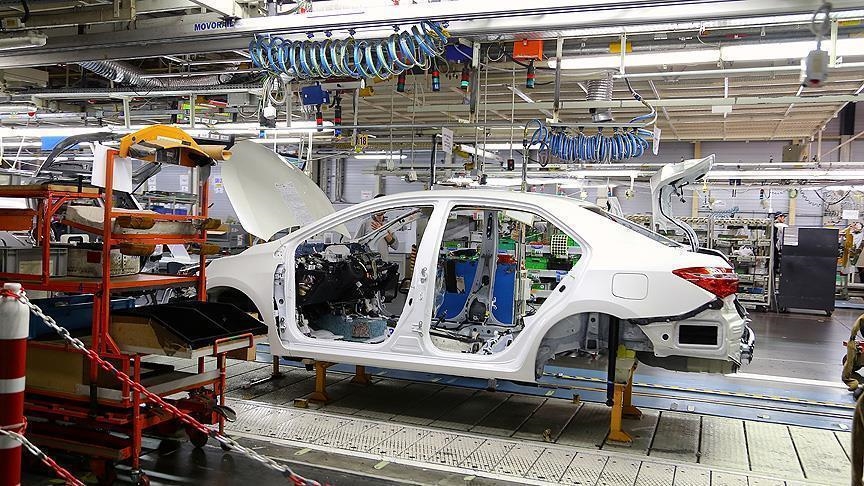Italy and some Eastern European states are joining Germany’s blockade against the EU’s planned phase-out of internal combustion engines, local media reported.
The states, along with German Transport Minister Volker Wissing, are calling for the possibility of running internal combustion engines on synthetic, carbon-neutral fuels from 2035.
A response is now needed from the EU Commission on how climate-neutral cars could continue to be operated in a technology-open manner, said Wissing, from the liberal Free Democratic Party, after a meeting with his counterparts in Strasbourg, France on Monday evening, German daily Welt reported.
«We want to see something concrete, we agree with others on that,» Wissing said. According to the transport minister, Italy, Poland and the Czech Republic, among others, share skepticism about the planned ban.
Wissing said they want a separate category of internal combustion cars that could run on synthetic, carbon-neutral fuels. These should also be allowed to be registered after 2035.
The alliance of states can stop the phasing out of internal combustion engines, which has already been largely united and approved by the EU Parliament.
The European Parliament, the EU Commission and the member states already agreed last year on phasing out internal combustion engines for passenger cars from 2035.
At Germany’s insistence, the non-binding request to the EU Commission to examine options for the use of synthetic fuels was added.
The German transport minister is now demanding that the Commission commit to synthetic fuels even before the formal state decision and not rely solely on electric mobility.
It is planned that the formal decision will take place this week during a meeting of EU environment ministers as part of the EU’s «Fit-for-55» climate protection program.
Unlike the transport minister, German Environment Minister Steffi Lemke of the Green Party supports the original decision.
If the German government cannot agree on a common line, it will have to abstain from voting in Brussels, but this would be tantamount to a «no» vote and thus a blockade.





















